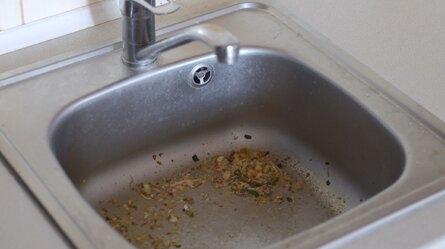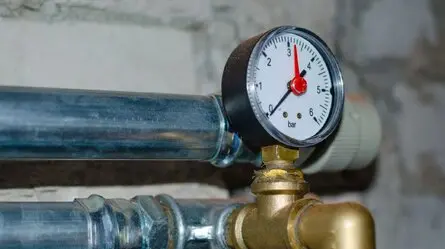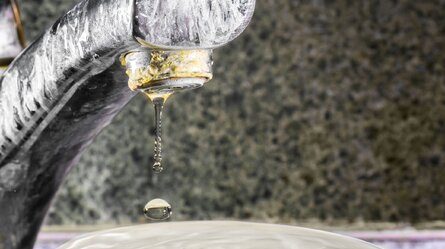Did you know that in Australia, pipes are breaking at an alarming rate of 20 times per 100 kilometres every year? It’s a hidden crisis that’s costing millions in repairs and disruptions. Even more startling, a whopping 79% of these failures are caused by corrosion – a silent enemy slowly eating away at our infrastructure. This stark reality highlights the urgent need to understand pipe corrosion and implement robust prevention strategies.
What is Pipe Corrosion?
Pipe corrosion is the degradation of metal pipes due to destructive chemical reactions with their environment. This can significantly affect plumbing systems, leading to costly repairs and compromised water quality. Corrosion in pipes occurs when metal surfaces, such as steel pipes or copper pipes, react with corrosive elements in the water supply, like dissolved oxygen and mineral deposits.
Common types of pipe corrosion include galvanic corrosion, where dissimilar metals in direct contact, such as steel and copper piping, corrode, and crevice corrosion, which occurs in confined spaces. Pitting corrosion results in small, localised holes in the metal. Corroded pipes can lead to discoloured water, reduced water pressure, and even piping material breaks.
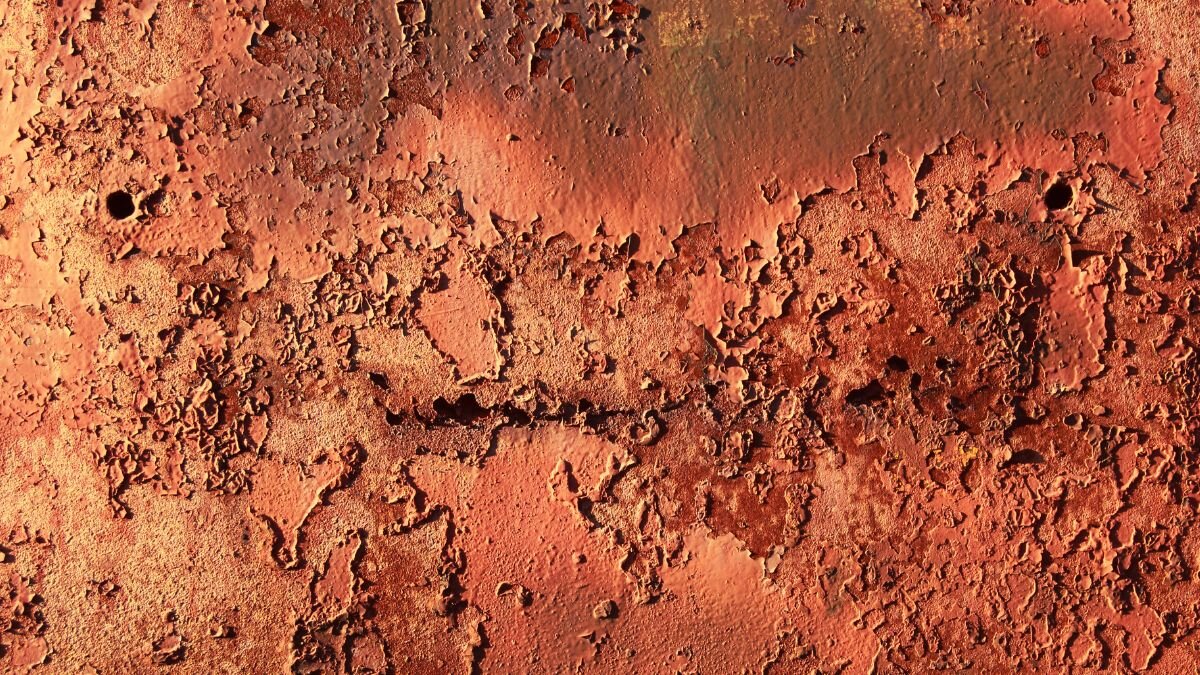
Common Causes of Pipe Corrosion
Many factors contribute to pipe corrosion, each playing a role in the deterioration of metal pipes within plumbing systems. Understanding these can help in taking preventive measures.
Water Quality and pH Levels
Water quality, including pH levels, significantly affects corrosion. Acidic water leads to rapid corrosion of metal pipes, while hard water causes mineral deposits that corrode pipes. Effective water treatment helps maintain a balanced pH, preventing corrosion in water pipes and household water lines.
Oxygen and Moisture Levels
High levels of oxygen and moisture in water can speed up rust formation on steel pipes and other metals. When dissolved oxygen interacts with metal, it eats away at protective layers. Using protective coatings and corrosion inhibitors as part of regular maintenance is key to preventing this.
Chemical Reactions with Other Substances
Destructive chemical reactions with corrosive material, such as chemical drain cleaners, can corrode pipes. Galvanic corrosion occurs when dissimilar metals, like steel and copper, are in direct contact. Using special coatings and corrosion inhibitor treatments can prevent crevice corrosion and protect metal components.
Environmental Conditions
Environmental factors, including temperature and microbiological contamination, also contribute to pipe corrosion. Hotter water increases corrosion rates, while corrosive bacteria cause microbiological-induced corrosion (MIC).Regular maintenance proactive measures like pipe shoes, wear pads, and protective linings help prevent MIC and other types of corrosion. Additionally, chemical treatment and drain cleaners keep fluids clean, protecting plumbing systems.
The global cost of corroded pipes is significant. By addressing these factors and implementing preventive measures, such as using u bolts and protective coating, we can significantly affect the longevity and reliability of metal pipes in plumbing systems.
Signs of Pipe Corrosion
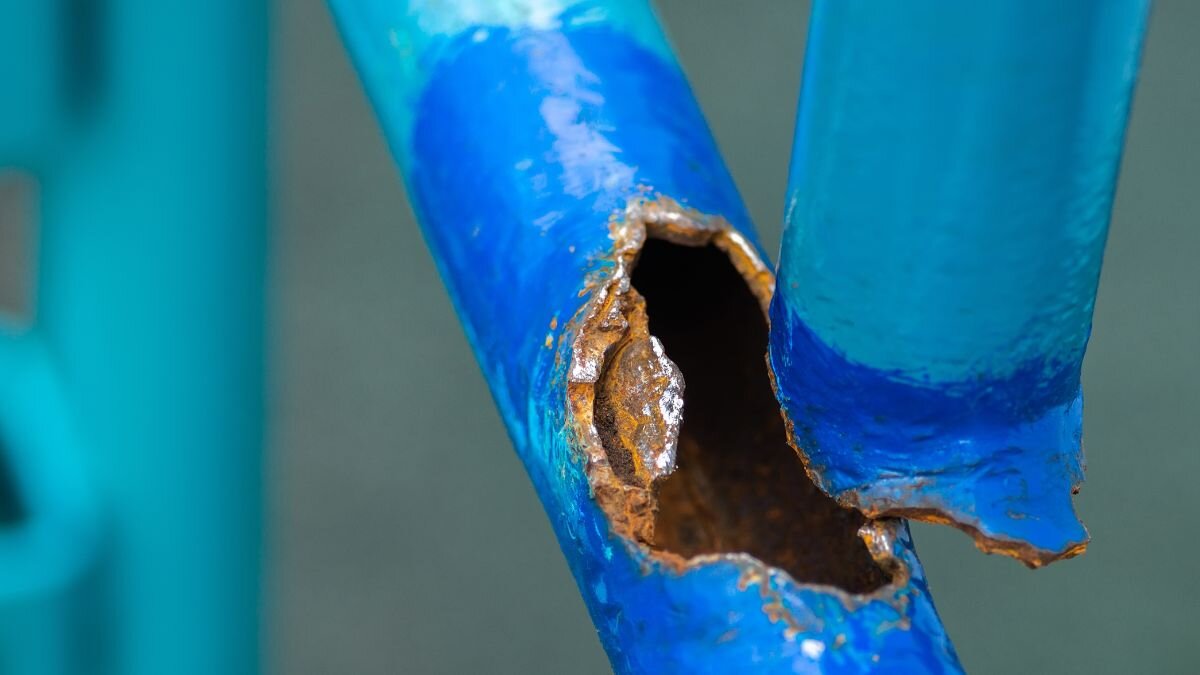
Identifying pipe corrosion early can help prevent extensive damage to your plumbing system.
One of the first signs is discoloured water, indicating that a chemical reaction is taking place within the water pipes. Leaks and reduced water pressure are common as corrosion starts to weaken the pipe material.
Unpleasant odours from the water can signal the presence of rust and other metals reacting with water or other liquids. Visible rust or wear on pipes and other surfaces is a clear indication that metal components are corroding.
The Impact of Pipe Corrosion
Structural Damage to Plumbing Systems
Unchecked pipe corrosion can cause severe structural damage to the plumbing system. Water corrosion weakens water pipes, leading to leaks and potential bursts. This structural degradation can disrupt water flow, causing significant water damage.
Health Risks Due to Contaminated Water
Health risks from corroded pipes are a major concern. These pipes can introduce harmful substances into the water supply. To ensure safe drinking water, it’s vital to use effective corrosion protection like inhibitors and proper water treatment.
Increased Maintenance and Repair Costs
Increased maintenance and repair costs are inevitable as corrosion progresses. Regular inspections and maintenance, focusing on pipes made from one metal rather than dissimilar metals, can mitigate these expenses. However, if left unchecked, the costs can escalate rapidly due to the need for extensive repairs or replacements.
Potential for Severe Water Damage
Severe water damage from pipe corrosion is a real risk for homes and businesses. Corroded pipes can fail, leading to flooding and costly damage. By implementing preventive measures, like effective corrosion protection and ensuring steady water flow, you can safeguard your plumbing system’s integrity.
How to Prevent Pipe Corrosion
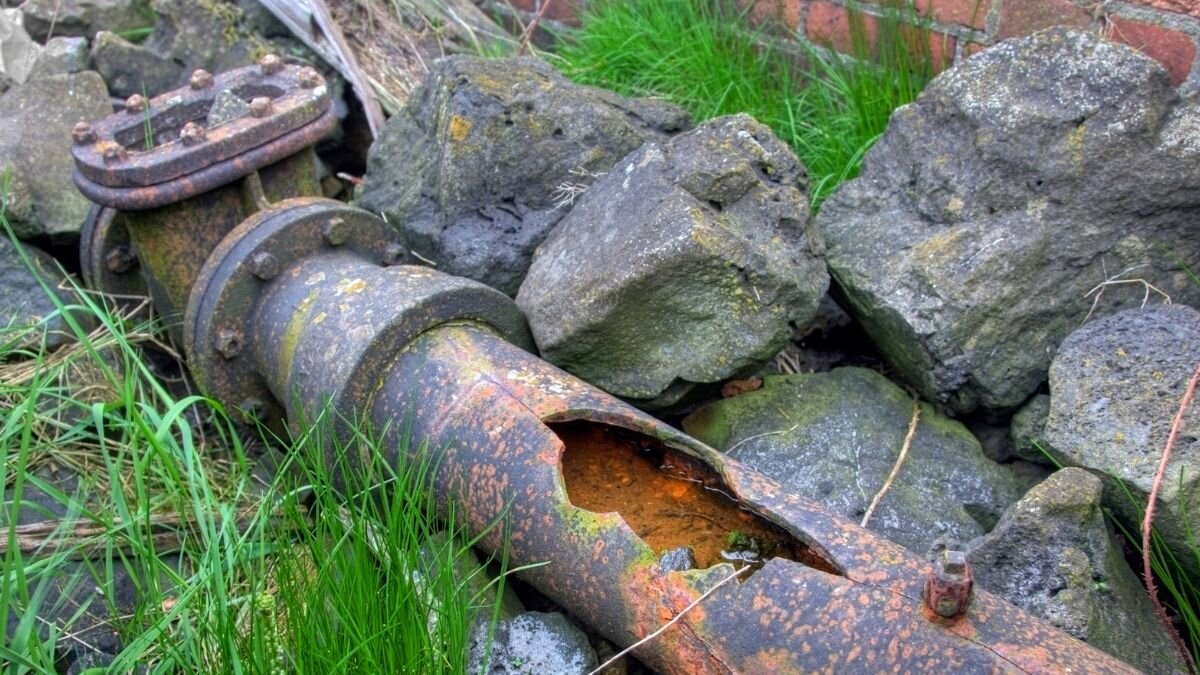
Regular Maintenance and Inspections
One of the most effective ways to prevent pipe corrosion is through regular maintenance and inspections. Routinely checking your plumbing system for signs of corrosion, such as leaks, discoloured water, or visible rust, can help you catch issues early. Regular maintenance allows for timely intervention, preventing minor problems from escalating into major ones.
Using Corrosion-Resistant Materials
Selecting corrosion-resistant materials for your plumbing system is crucial. Materials like PVC, PEX, and stainless steel are less prone to corrosion compared to traditional metal pipes. By using these materials, you can significantly reduce the risk of water corrosion and extend the lifespan of your water pipes.
Installing Water Softeners or Filtration Systems
Hard water, which contains high levels of minerals, can accelerate pipe corrosion. Installing water softeners or filtration systems can help mitigate this issue. Water softeners remove calcium and magnesium ions, while filtration systems can eliminate other corrosive elements from the water supply. This not only helps prevent corrosion but also improves overall water quality.
Ensuring Proper Pipe Installation and Insulation
Proper installation and insulation of pipes are essential for preventing corrosion. Ensuring that pipes are securely fitted and adequately insulated reduces the risk of exposure to moisture and other corrosive elements. Proper installation also minimises the chances of galvanic corrosion, which occurs when dissimilar metals come into contact.
Chemical Treatments for Corrosion Prevention
Chemical treatments, such as the use of corrosion inhibitors, can be highly effective in preventing pipe corrosion. These inhibitors form a protective layer on the internal surfaces of pipes, shielding them from corrosive substances. Additionally, periodic chemical treatments can help maintain the effectiveness of this protective layer, ensuring long-term corrosion protection.
Professional Solutions for Pipe Corrosion
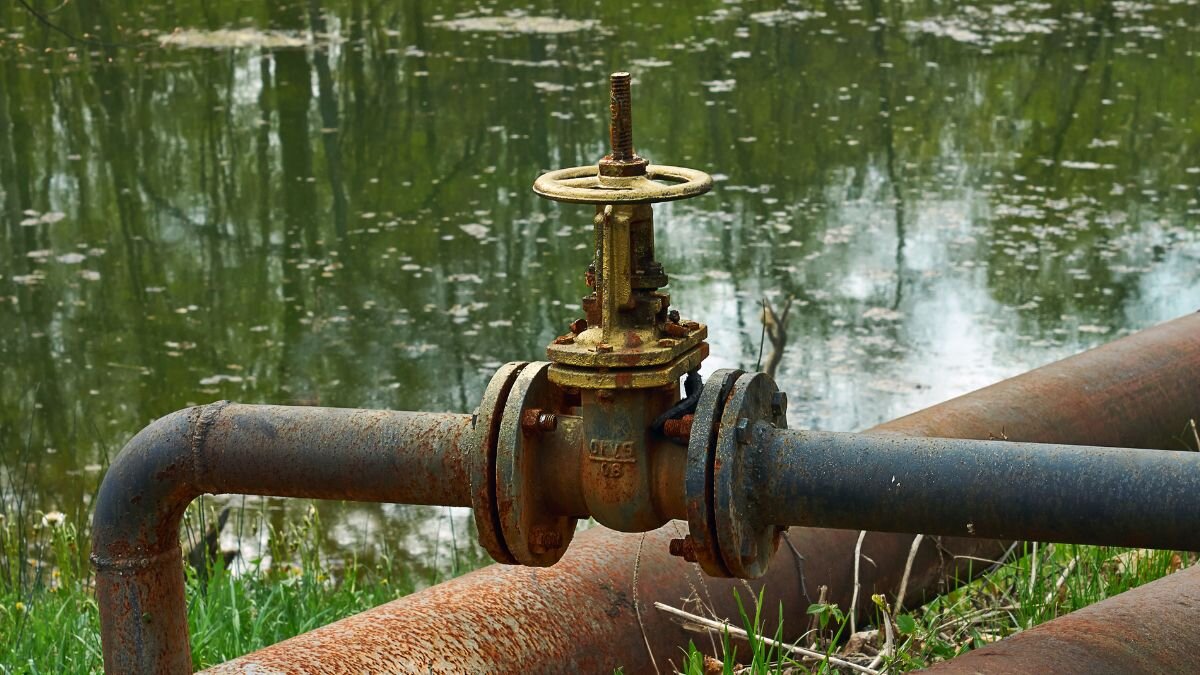
Seeking professional assistance is crucial for severe or persistent pipe corrosion issues. Plumbing professionals offer comprehensive services to address and prevent corrosion, ensuring the longevity and safety of your plumbing system.
Services Offered by Plumbing Professionals
Plumbing experts provide thorough inspections to identify the extent of corrosion and recommend appropriate solutions. They utilise advanced diagnostic tools to detect hidden corrosion and leaks. Services include the installation of corrosion-resistant materials, water softeners, and filtration systems. Additionally, professionals can apply chemical treatments, such as corrosion inhibitors, to protect pipes from further damage.
Benefits of Expert Intervention
Expert intervention ensures effective corrosion protection tailored to your specific plumbing system. Professionals have the knowledge and experience to perform high-quality repairs and installations, minimising future corrosion risks. Their expertise in preventative maintenance helps prolong the lifespan of pipes and prevents costly repairs.
Protect Your Pipes with Professional Care
Pipe corrosion is a silent threat that can lead to costly repairs and disruptions. By understanding the factors contributing to corrosion and implementing preventive measures, homeowners can significantly extend the lifespan of their plumbing system. Regular inspections, proper maintenance, and addressing issues promptly are essential to safeguarding your investment.
If you suspect pipe corrosion or are concerned about the condition of your plumbing, don’t hesitate to contact Woolf Plumbing. Our experienced team specialises in detecting and resolving pipe-related problems like leaking pipes. We offer comprehensive solutions tailored to your specific needs. Protect your home and avoid costly surprises by scheduling a plumbing inspection today.


